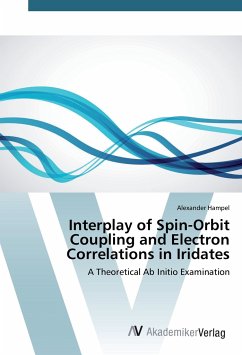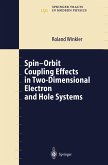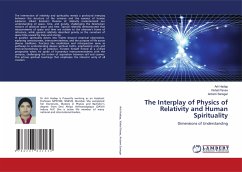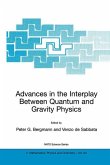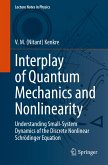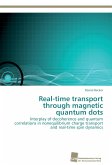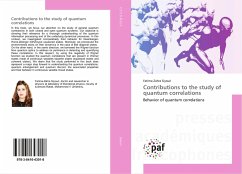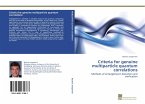This work ist a theoretical ab initio examination of the extraordinary physical behaviour of 5d transition metal oxides (TMO) with heavy atoms like Iridium. Recent experiments show that the cooperation of strong electron correlations and spin-orbit coupling is inevitable to describe their physical behaviour correctly. In this work two prominent compounds from the iridate family are examined with a structure very similar to high Tc cuprates. This is why expectations are high to find novel or unconventional physical behaviour in these compounds. A combination of density functional theory (LDA) with explicit many-body methods ist applied to handle the electronic correlations within the relativistic environment most realistically. These methods are used to draw special attention to currently discussed topics within the iridate-focused community: the origin of the insulating ground state, the effects of the antiferromagnetic ordering and the occurrence of Fermi arcs - the so called pseudo-gap phase.
Bitte wählen Sie Ihr Anliegen aus.
Rechnungen
Retourenschein anfordern
Bestellstatus
Storno

